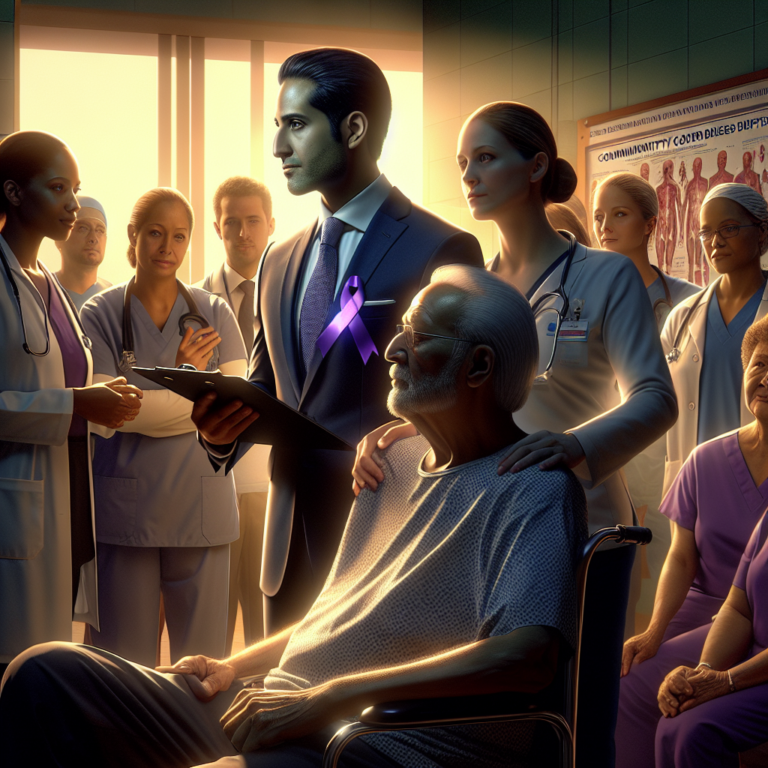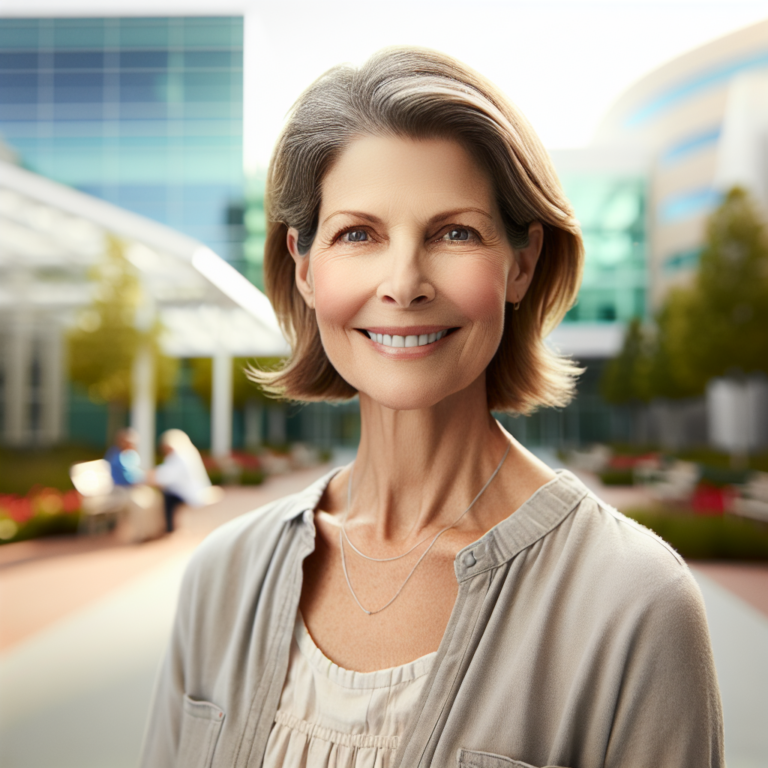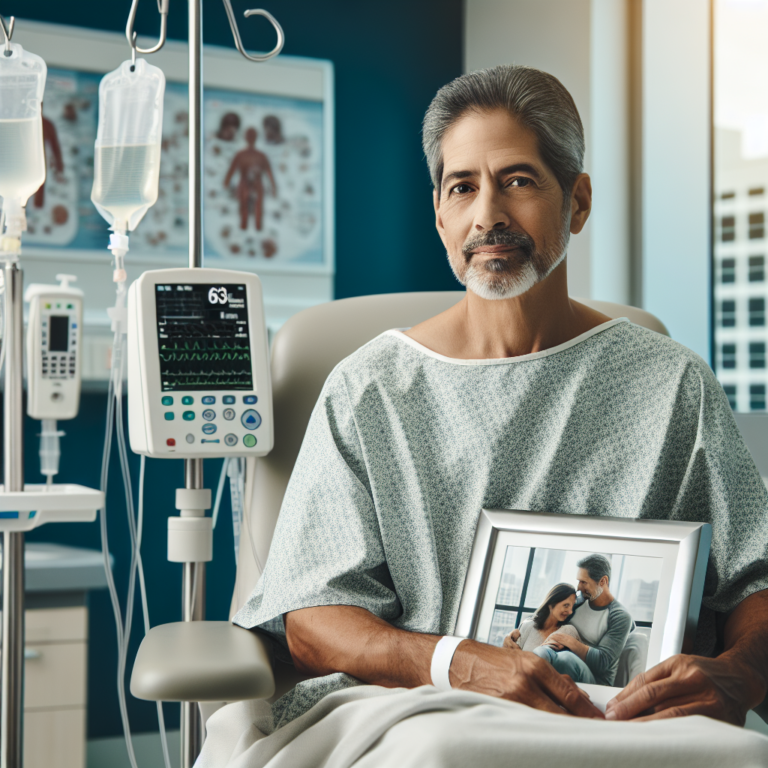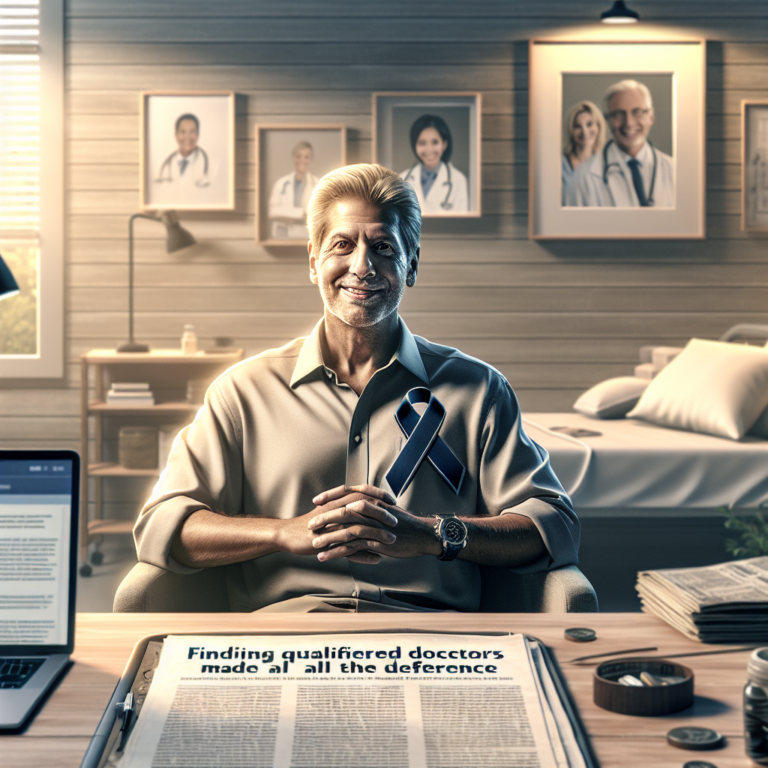Dining Safely: Essential Tips for Navigating the COVID-19 Pandemic
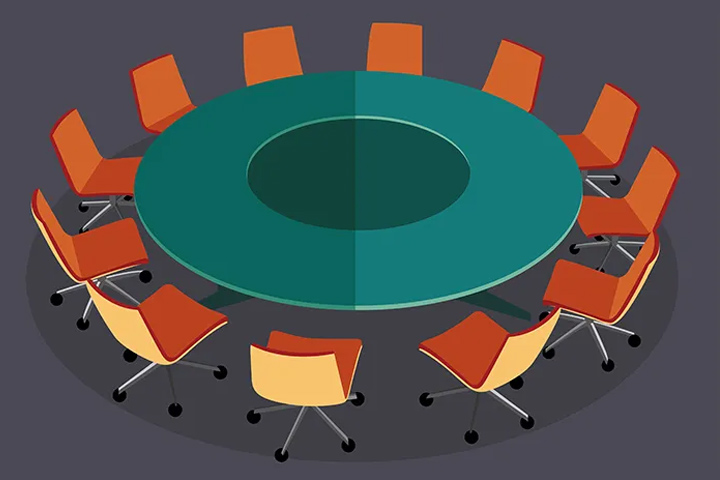
The ongoing impact of the COVID-19 pandemic continues to be felt across different regions in the United States, especially in states like Texas, Arizona, Georgia, and Florida, where case numbers remain significant. This contrasts with the Northeast and Pacific Northwest, where the virus’s presence has diminished. To gain insights into how the pandemic has affected pancreatic cancer survivors, we spoke with individuals from various parts of North America who are actively advocating for awareness and support.
Navigating Life During the Pandemic
In a roundtable discussion, survivors shared their experiences with the pandemic and the precautions they’re taking to stay safe. Participants included John Moisan from South Dakota, Camille Moses from South Florida, Sandy Robis from Ontario, William Ramshaw from eastern Washington, and Steven Merlin from the New York area.
How Are You Managing Your Safety?
Camille revealed that her social interactions have significantly decreased since early March, with grocery shopping being her main outing. "I only went out for essentials, and my only treat was a haircut in June," she stated, expressing concern about the rising cases in her region.
Sandy began her self-isolation earlier in March, relying on a thoughtful neighbor for grocery runs while she prepared meals for them in exchange. "It’s a win-win!" she said, also mentioning how her family would drop off food, allowing for brief, socially distanced visits.
- Wiping down groceries and handwashing have become second nature for her.
- She has a collection of face masks and follows strict hygiene protocols.
William, living in a rural area, noted that food delivery services are limited. "Staying home encourages me to explore cooking," he shared, relishing the joy of trying out new recipes.
Steven emphasized his proactive approach, ensuring he has ample supplies at home. "I shop during off-peak hours and prefer self-checkout to minimize contact," he explained, illustrating his careful planning to avoid crowds.
Medical Appointments and Health Management
Have You Delayed Any Medical Visits?
Sandy acted quickly by consulting her medical team when the pandemic began. "I made sure to refill my prescriptions and followed public health guidelines closely," she explained. Her routine check-ups transitioned to virtual appointments, ensuring that she stayed on top of her health without risking exposure.
William expressed hesitance about visiting doctors or labs, stating, "I think twice before making any appointments," though he acknowledges the convenience of telemedicine.
Conversely, Steven has maintained his medical appointments, even utilizing public transport to visit his oncologist. "The benefits of attending in-person appointments outweigh the risks for me," he stated, detailing how safety measures were enforced at the facilities.
Staying Active and Engaged
Are You Finding Ways to Stay Busy?
Camille feels grateful for her yard and pool, which allow for outdoor activities. She often walks in her neighborhood with a mask. "I’ve been cautious, carrying wipes since my treatment," she shared.
Steven has kept an active routine, walking three to five miles daily. He enjoys gardening and often visits local garden centers during quiet hours to avoid crowds.
William has found the pandemic challenging for his mental health. "The news can be overwhelming," he admitted, but he’s turned to YouTube for educational content and finds solace in reading and writing.
- He encourages creativity during downtime, having taken on home improvement projects during the lockdown.
Connecting with Family and Friends
Are You Maintaining Relationships from a Distance?
John expressed the difficulties of being separated from his children and grandchildren, who live in COVID-19 hotspots. "Traveling is risky, so we’ve opted for virtual connections," he explained, though he noted the occasional close visit, as family members are concerned for their health.
Sandy has used technology to enhance her social interactions, reconnecting with old friends and engaging in advocacy work. "I’ve been careful but remain socially active to combat feelings of isolation," she said.
William echoed similar sentiments about the need for caution, as visits with family have become rare. "My loved ones are a distance away, so I miss those connections," he shared.
Steven prioritizes checking in on elderly friends and participating in support group meetings via Zoom, ensuring he stays connected while adhering to safety protocols.
Perspectives on Health and COVID-19
Have Your Experiences Shaped Your Views on COVID-19?
Sandy, a two-time cancer survivor, remains focused on health and wellness. "Having faced cancer, I approach this pandemic with caution but without panic," she shared, emphasizing the importance of self-care.
John reflected on his journey, stating, "Facing life-threatening illness changes your perspective on fear." He believes that overcoming such challenges has fortified his resilience.
In this challenging landscape, pancreatic cancer survivors are learning to adapt and support each other. Their stories not only highlight the ongoing impact of the pandemic but also inspire hope and connection in uncertain times. For further insights into pancreatic cancer and survivor stories, explore resources from organizations like the Pancreas Center of NewYork-Presbyterian Medical Center and podcasts, such as those from Project Purple.

